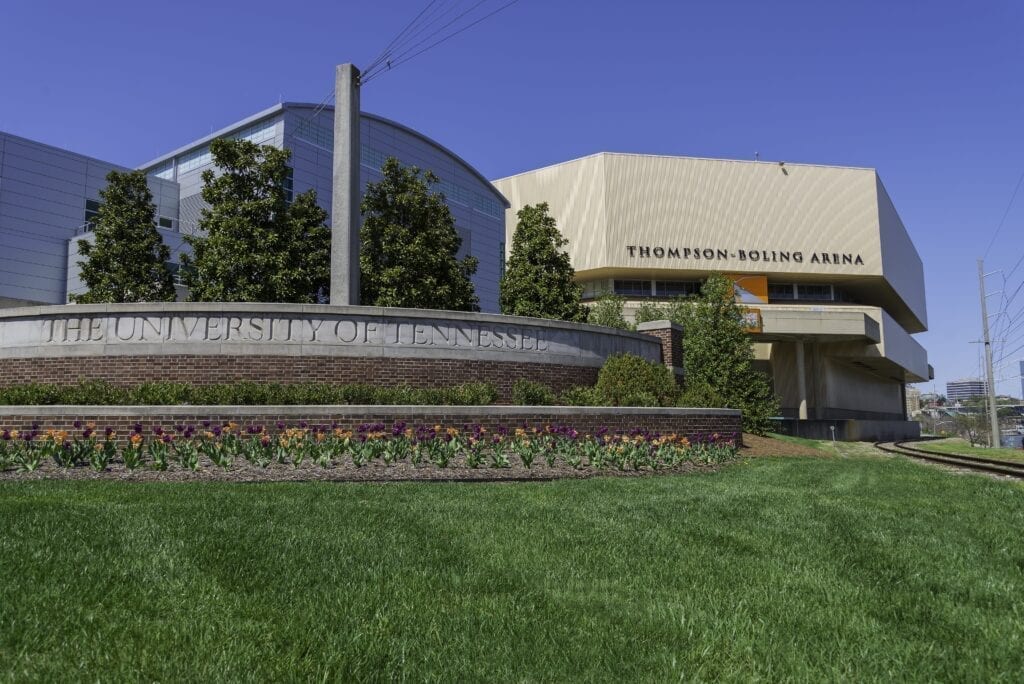Tuition increase lowest in three decades at UT
For two consecutive years, the tuition increase for UT is the lowest it has been in over three decades.

//Photo by Ryan McGill
KNOXVILLE, Tenn. — After the fall of 2013, the cost of tuition at the University of Tennessee has increased nearly $1,000 for in-state and out-of-state undergraduate students.
Students attending four-year universities across the state of Tennessee pay twice as much in tuition as they did nearly a decade ago, according to the Memphis Daily News. However, percentage increases in tuition used to be in the 6 to 7 percent range, but have since dropped down to 2 or 3 percent.
For the second consecutive year, UT’s tuition increase will be the lowest it has been in over three decades at 2.2 percent, according to UT system news. The last time a tuition increase was less than 3 percent for undergraduate students for two consecutive years was 1978-1979.
At the Board of Trustees meeting in June 2016, UT system president, Joe DiPietro, said the increased financial support from the state over the past few years has helped in “holding down tuition increases.”
“At the same time, it’s also true that we, as an institution, have taken very seriously the need to do all we can to cut out costs and maximize our resources. The good work in this area has made a great impact,” DiPietro said.
Sophomore and out-of-state student, Allyse Sryczynski, said she knows people from her home state of California that cannot go to community college because they cannot afford it.
“I think college anywhere in general is expensive, especially here at UT,” Sryczynski said.
Cassandra McAllister, an in-state student at UT, said she does not think there are enough scholarships for out-of-state students.
“I have a lot of friends that are out-of-state and it’s like crazy amounts, especially compared to what I’m paying for in-state,” McAllister said.
For many students, the Academic Common Market is helpful for tuition costs in the case that the state they reside in does not offer the degree they plan to pursue. This program allows students to attend a school in one of the 15 participating states for the in-state tuition rates through accordance with the states and universities, according to the Southern Regional Education Board.
Andrew Volkovitskiy, a UT student participating in the Academic Common Market program, said tuition did not play a major role in choosing which school he would attend because of the degree he planned to pursue.
“I chose [my school] based off my major because I’m from Kentucky and we don’t have a Nuclear Engineering program there. So, Tennessee was the closest and they had the Common Market,” Volkovitskiy said. “They give me in-state [tuition], so I’m like ‘yeah, I’ll take it.’”
Two years ago, Gov. Bill Haslam signed the Tennessee Promise program into law, which allows graduating high school seniors to attend a community or technical college tuition-free. The program is not funded through tax dollars, but instead through excess lottery funds, according to Haslam’s website.
“Through the Tennessee Promise, we are fighting the rising cost of higher education, and we are raising our expectations as a state,” Haslam said at the ceremonial bill signing.
“I think the Tennessee Promise is probably a good place to start,” McAllister said. “Maybe [we could] extend some kind of program like that to four year colleges, maybe do something with the first two years.”
In regards to what legislators should do to make college more affordable, Sryczynski said it needs to start in senior level economics classes in high school to educate people on where to find the money for loans and scholarships.
For more information on tuition costs, visit UT’s One Stop website.
Featured image by Ryan McGill
Edited by McKenzie Manning

